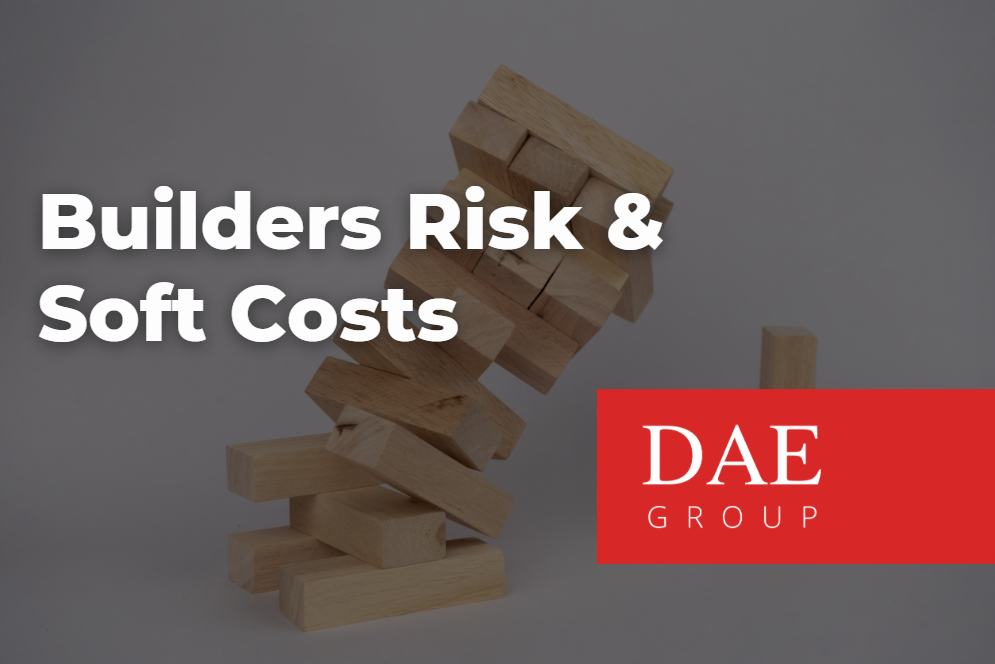All buildings under construction are exposed to a multitude of risks. Extreme weather, natural disasters, fire, theft, and terrorism are just some examples of these hazards that owners and builders of these projects have to deal with effectively. Builders risk insurance policies is a common way to guard against these perils.
Basic Builders Risk
Common construction contracts usually require building owners or contractors to purchase builder’s risk policies. The policy provides coverage for loss or damage to the unfinished building’s construction materials on the work site during the course of construction. This is usually referred to hard costs.
Hard costs for the building structure include materials required to complete the whole building or structure. This includes things like the foundation, cement, steel, building shell materials, windows, roofing, HVAC, parking structures, and interior finishes.
Basic builders risk coverage does not cover the delay in completion and resulting loss of business income, loss of rents, interest on loans, and other consequential losses that may have been incurred following an insured property loss. These are often referred to as soft costs.
Soft Costs Builders Risk
In addition to the hard cost property losses a builder or owner can incur during construction, soft cost losses can also be significant. To cover this gap in coverage and reduce financial exposure a builder or owner can add soft costs coverage to a builders risk insurance policy.
Said another way, soft costs builders risk are addendums to builders risk policies that arise from a delay in project completion.
Examples of Soft Costs Builders Risk
“Soft Costs” in this context means reasonable expenditures which are necessarily incurred during the “delay period” that would not have been incurred if the “delay period” had not occurred.
Some examples of soft costs that could be incurred and could be covered under Soft Costs Builders Risk policies include:
- Additional accounting fees, advertising and promotion expenses
- Additional designs costs, commission expenses
- Additional interest on loans to finance construction/repair
- Additional leasing expenses
- Additional realty taxes and other assessments
- Additional architectural, engineering and consulting fees
- Loss of license or permits
- Loss of tax credits
- Loss of access to property
- Loss of commitment fees
- Loss of contract
- Legal and professional fees
- Operating expenses
- Construction loan fees
- Delayed opening loss income
- Extended insurance fees
- Bond interest
- Debt service interest and principal
- Storage of materials
Conclusion
In the event that a project is delayed the soft cost builder risk coverage becomes crucial to the financial health of the project.
Soft costs are costs incurred as a result of the covered losses that are not labor and materials. So if your standard Builders Risk policy does not have soft costs coverage, these types of losses will not be paid to the insured. Know your coverage. Read the fine print.
For help with your Soft Cost Builders Risk seek out the expertise of DAE Group — the ultimate owner’s reps.

